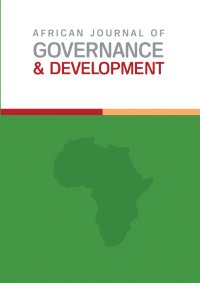Health diplomacy and public policy in Nigeria: The impact of the International Code of Marketing of Breast Milk Substitutes
Main Article Content
Abstract
The relationship between diplomacy and improvement in health has been an important theme
contained within the literature on governance and development since the end of the Cold War. While it is true that prospects for health development are enhanced through medical and public health knowledge and technology, several scholars have understood the link between diplomacy and social, political and economic development. This article examines this theme by analysing the
connection between health diplomacy and the development of public policy in Nigeria. It traces and analyses the impact of the multilateral negotiation within the World Health Organization (WHO), notably the International Code of Marketing of Breast milk Substitutes, which was adopted to counter the adverse effects of infant formula. The article is descriptive and analytical. It has utilised various sources, including government records, reports of intergovernmental organisations, as well as information obtained from fieldwork conducted in the WHO headquarters in Geneva and in Nigeria between 2011 and 2012 to explore the contributions of the WHO to the development of Nigeria’s health sector. The article argues that health diplomacy has been and remains a major influence on public policy in Nigeria. The article concludes that a religious implementation of the International Code of the Marketing of Breast Milk Substitutes would increase the breastfeeding rate in Nigeria.
Article Details

This work is licensed under a Creative Commons Attribution-NonCommercial-NoDerivatives 4.0 International License.
